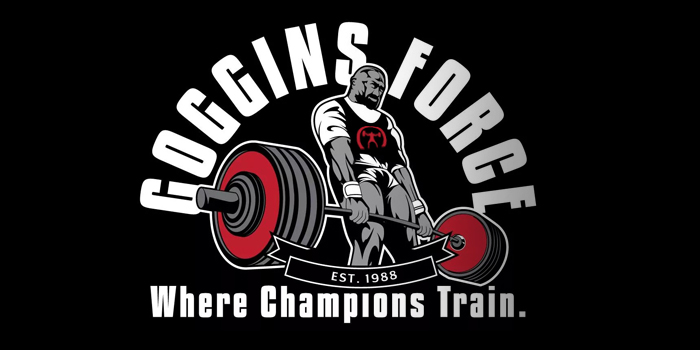
The process of training clients online presents challenges that most coaches won't ever encounter with in-person clients. These two types of training also provide different lessons about the client-coach relationship and the process of providing training services. In this Q&A video with Steve Goggins, he answer a question about the things he has learned from working with both types of clients:
"What's the biggest lesson that you've learned from dealing with clients of personal training and online, whether it be powerlifting training or just fitness training?"
Steve breaks his response into things he has learned from in-person clients and online clients:
In-Person Clients
First, get your money upfront. Don't provide anything until the client has paid for the services. If you break down the training by week, by complete program, or by month, just get your money upfront.
WATCH: How Would You Program for a Deadlift Only Meet?
Second, keep it as professional as possible. You want to get to know your clients and build good relationships with them, but sometimes there can be too much of a personal element. You aren't their therapist and you don't want to become too friendly with your clients. You don't need to know all of their business and every single thing happening in their lives. If you allow things to become too personal, you run the risk of losing some of the respect they should have for you as the coach. You still have to be the one running the show.
Online Clients
First, Steve has learned to not always base a program on what a lifter tells him they can do when he takes them on as clients. Many times the max lifts that an online trainer hears from a new client are not actual maxes but are ego maxes. This can throw everything off with the progression of a program and the percentages that Steve recommends for his clients. Because of this, Steve says to be safe and dial down the numbers in the beginning just to be sure that you know the lifter's actual strength levels and can assess for yourself what they are capable of.
Second, it is a requirement that Steve has videos of his client's training. As an online coach, Steve can adequately coach only if he has videos to show him how his clients are performing on a weekly basis. Steve does week-by-week programming so he's able to make adjustments that are necessary as weaknesses reveal themselves. This means that each week he needs to be able to see how the lifter's workouts went, how much they struggled with the heavy work, and how their technique is holding up on various lifts. The only way to truly know the status of his online clients is by seeing videos.










